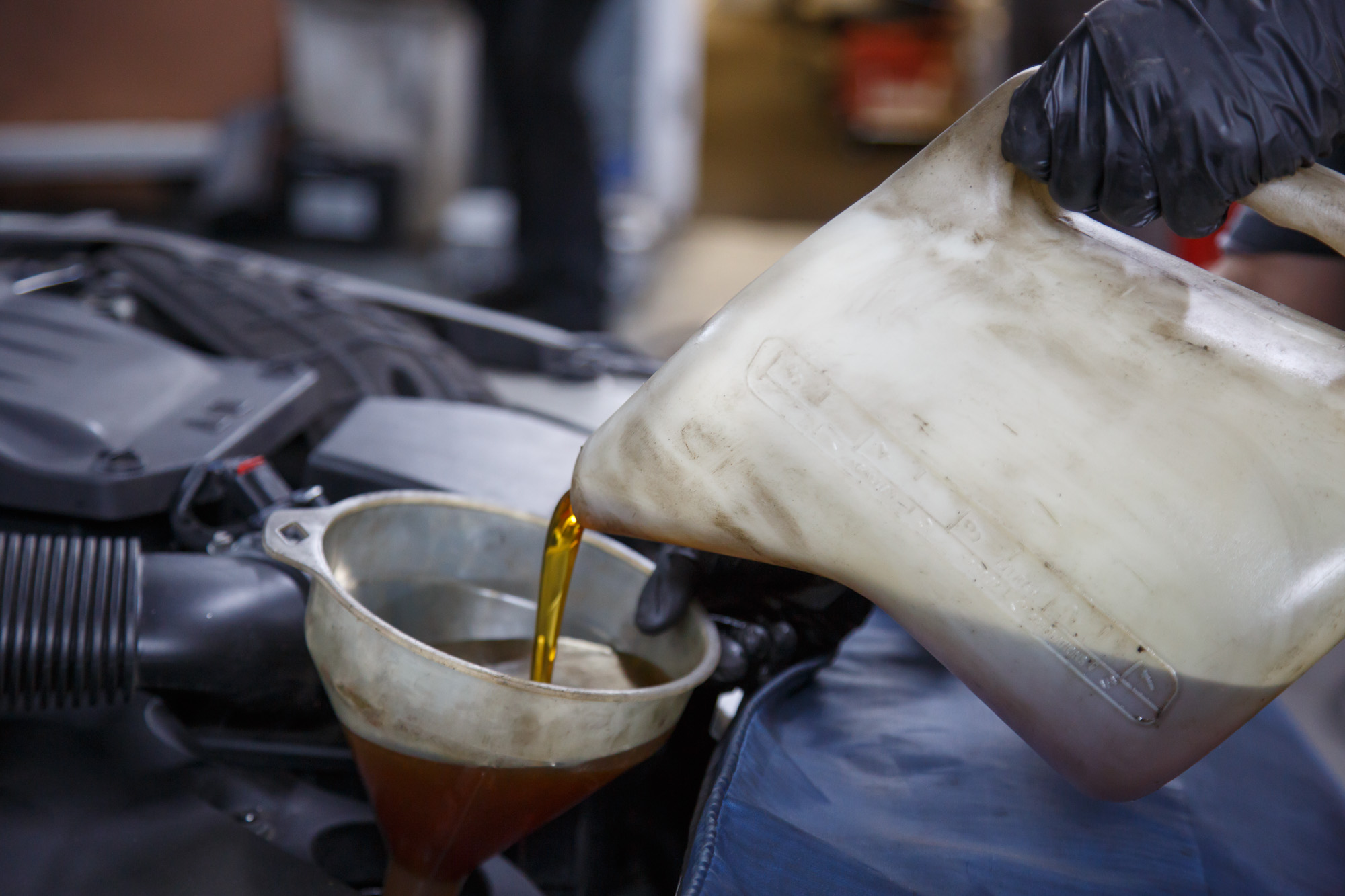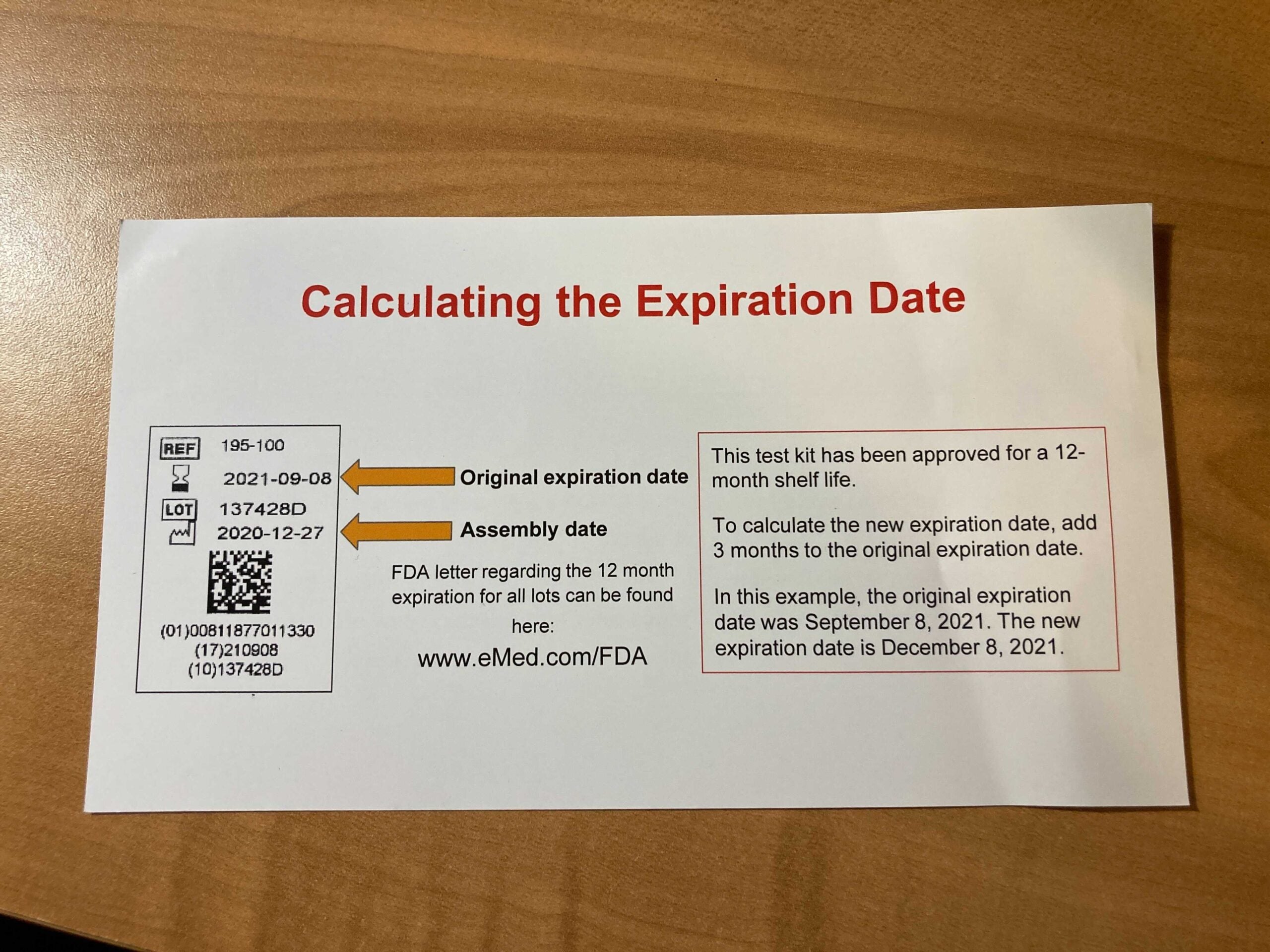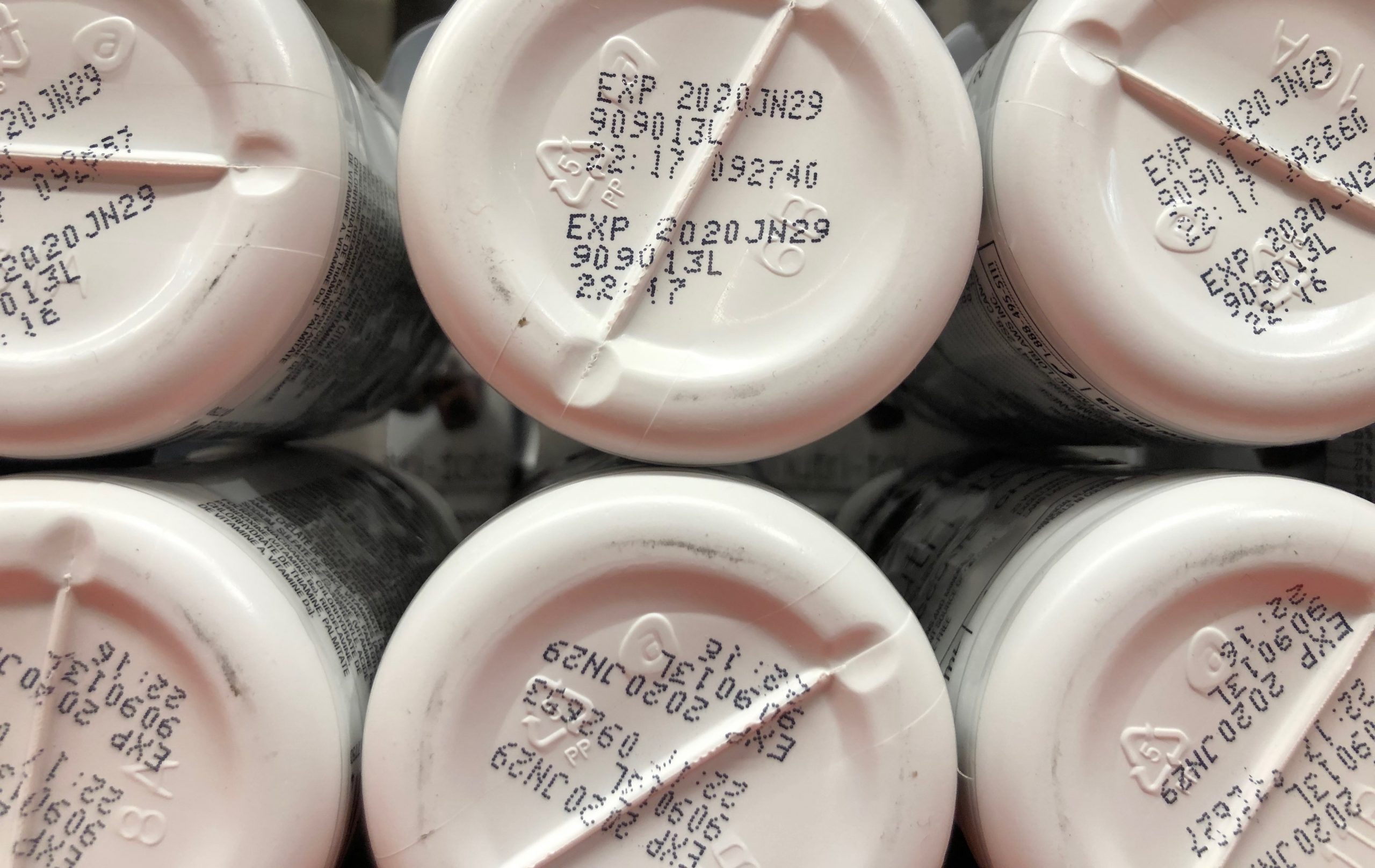Your car’s engine coolant is a vital fluid that helps keep your engine running smoothly. But does engine coolant have an expiration date? And if so, how do you know when it’s time to change it?
Does engine coolant go bad?
Yes, engine coolant can go bad. Over time, the coolant can break down and become less effective at protecting your engine from overheating. This can lead to serious engine damage, so it’s important to change your coolant according to the manufacturer’s recommendations.

Does Body Armor Have an Expiration Date? – Safe Life Defense – Source safelifedefense.com
When should I change my engine coolant?
The frequency with which you need to change your engine coolant will depend on the type of coolant you use and your driving habits. However, most manufacturers recommend changing your coolant every 30,000 to 50,000 miles or every 2 to 5 years.

What Does Engine Coolant Over Temperature Mean – Source engineers.icu
What happens if I don’t change my engine coolant?
If you don’t change your engine coolant, it can lead to a number of problems, including:
- Overheating
- Corrosion
- Sludge buildup
- Water pump failure

‘Expiration dates’ on food have nothing to do with safety, so we guide – Source www.expressnews.com
How can I tell if my engine coolant is bad?
There are a few signs that can indicate that your engine coolant is bad, including:
- The coolant is discolored
- The coolant is low
- The coolant is leaking
- Your engine is overheating

Does Motor Oil Expire: Engine Oils Shelf Life & Expiration Date – Source www.motorverso.com
Does Engine Coolant Have An Expiration Date
What is Engine Coolant?
Engine coolant, also known as antifreeze, is a fluid that is used in internal combustion engines to prevent the engine from overheating. It is made up of a mixture of water and antifreeze, which helps to lower the freezing point of the water and prevent it from boiling over at high temperatures. Engine coolant also contains additives that help to protect the engine from corrosion, rust, and scale.


Does Body Armor Have an Expiration Date? – Next Day Armor – Source nextdayarmor.com
Why Does Engine Coolant Have An Expiration Date?
Engine coolant does not technically have an expiration date, but it can break down over time and lose its effectiveness. This is because the additives in the coolant can break down and become less effective at protecting the engine. As a result, it is important to change your engine coolant according to the manufacturer’s recommendations, even if it does not appear to be discolored or contaminated.


Does Engine Oil Have an Expiration Date? – Source makkioil.com
History and Myth of Engine Coolant Expiration Date
The myth that engine coolant has an expiration date likely stems from the fact that other automotive fluids, such as brake fluid and power steering fluid, do have expiration dates. However, engine coolant is different from these other fluids in that it does not break down as quickly. As a result, it is not necessary to change your engine coolant as often as you change these other fluids.

Your at-home COVID-19 test expiration date might not be accurate – The – Source thepointsguy.com
Hidden Secret of Engine Coolant Expiration Date
One of the hidden secrets of engine coolant is that it can actually help to improve the performance of your engine. This is because the additives in the coolant can help to reduce friction between the moving parts of the engine. As a result, your engine will run more smoothly and efficiently, which can lead to better gas mileage and performance.


Best Before and Expiry Dates – Food Labelling – Source pressbooks.nscc.ca
Recommendation of Engine Coolant Expiration Date
The best way to prevent engine coolant problems is to change it according to the manufacturer’s recommendations. This will help to ensure that your engine is protected from overheating and other damage. If you are not sure when your engine coolant was last changed, it is a good idea to have it checked by a qualified mechanic.

Engine Coolant Expiration Date and Related Keywords
Engine coolant, antifreeze, coolant expiration date, coolant change interval, coolant maintenance, coolant additives, coolant performance, coolant protection, coolant system.
Tips of Engine Coolant Expiration Date
Here are a few tips for extending the life of your engine coolant:
- Use a high-quality coolant.
- Change your coolant according to the manufacturer’s recommendations.
- Avoid overheating your engine.
- Check your coolant level regularly and add coolant as needed.
- Have your coolant system flushed and refilled every few years.
Engine Coolant Expiration Date and Related Keywords
Engine coolant, antifreeze, coolant expiration date, coolant change interval, coolant maintenance, coolant additives, coolant performance, coolant protection, coolant system.
Fun Facts of Engine Coolant Expiration Date
Here are a few fun facts about engine coolant:
- Engine coolant is not just for winter.
- Engine coolant can be made from a variety of different materials, including water, glycol, and propylene glycol.
- Engine coolant is typically dyed a bright color, such as green, red, or blue, to make it easier to see in the coolant reservoir.
How to Engine Coolant Expiration Date
Here are the steps on how to check the expiration date of your engine coolant:
- Locate the coolant reservoir in your engine bay.
- Check the label on the coolant reservoir for the expiration date.
- If the coolant reservoir does not have an expiration date, refer to your vehicle’s owner’s manual for the recommended coolant change interval.
What if Engine Coolant Expiration Date
If your engine coolant has expired, it is important to change it as soon as possible. Expired coolant can cause a number of problems, including:
- Overheating
- Corrosion
- Sludge buildup
- Water pump failure
Listicle of Engine Coolant Expiration Date
Here is a listicle of the benefits of changing your engine coolant regularly:
- Prevents overheating
- Prevents corrosion
- Prevents sludge buildup
- Prevents water pump failure
- Improves engine performance
- Extends the life of your engine
Question and Answer
-
What is the average lifespan of engine coolant?
- The average lifespan of engine coolant is 2 to 5 years or 30,000 to 50,000 miles.
-
What are the signs of bad engine coolant?
- The signs of bad engine coolant include discoloration, low coolant level, coolant leaks, and engine overheating.
-
What happens if I don’t change my engine coolant?
- If you don’t change your engine coolant, it can lead to overheating





